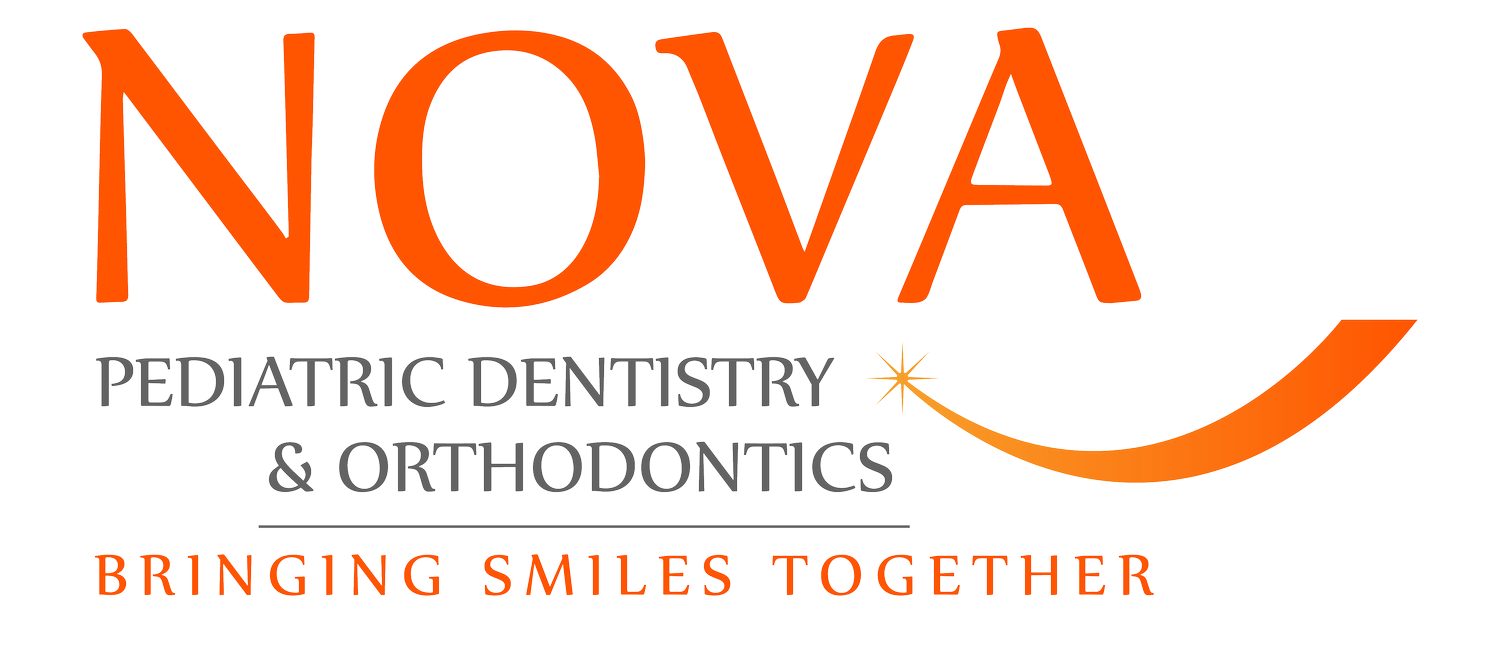What Happens If You Don't Fix Toddler Cavities?
If toddler cavities are left untreated, they can lead to serious health issues, including pain, infection, and developmental problems.
- Cavities can cause significant pain and discomfort for your child.
- Untreated cavities may lead to infections, which can spread beyond the mouth.
- Severe decay can affect speech, eating, and overall development.
- Early dental intervention can prevent complications and future dental issues.
- Establishing good oral hygiene habits early can help prevent cavities.
The Consequences of Untreated Cavities
Preventing cavities is essential for maintaining your child’s oral health. Regular dental check-ups should begin around their first birthday or when their first tooth appears. These visits allow for early detection of cavities and provide opportunities for fluoride treatments and sealants to protect developing teeth.
At home, parents can help prevent cavities by encouraging proper brushing and flossing techniques. Limiting sugary snacks and drinks is also crucial, as sugar contributes significantly to tooth decay. Teaching children the importance of oral hygiene sets the foundation for lifelong dental health.
Prevention: The Key to Healthy Smiles
Leaving toddler cavities untreated can result in severe pain and discomfort. Children may experience sensitivity while eating or drinking, leading to avoidance of certain foods and, ultimately, nutritional deficiencies. This discomfort can also affect their behavior, causing irritability and difficulties in daily activities.
Moreover, untreated cavities can lead to infections that may require more extensive and invasive treatments. These infections can cause abscesses, which may necessitate emergency dental care or even hospitalization in severe cases. In addition to physical pain, untreated cavities can lead to anxiety about dental visits in the future, creating a cycle of fear and neglect.
Long-Term Effects on Development
Beyond immediate pain and discomfort, untreated cavities can have long-lasting effects on a child's development. Dental issues can interfere with speech development, as pain may cause children to avoid talking or eating, hindering their ability to communicate effectively. Additionally, the presence of decay can impact overall health, as children with dental pain may not eat properly, which can affect their growth and development.
Establishing a routine of preventive dental care is essential for avoiding these issues. Regular check-ups can help catch cavities early, and practicing good oral hygiene at home can prevent future problems.
Conclusion
In conclusion, addressing toddler cavities promptly is crucial to ensuring your child’s health and well-being. If you suspect your child has cavities or if you’re unsure about their dental care, schedule an appointment with your pediatric dentist. Early intervention not only alleviates pain but also lays the foundation for a lifetime of healthy smiles.


